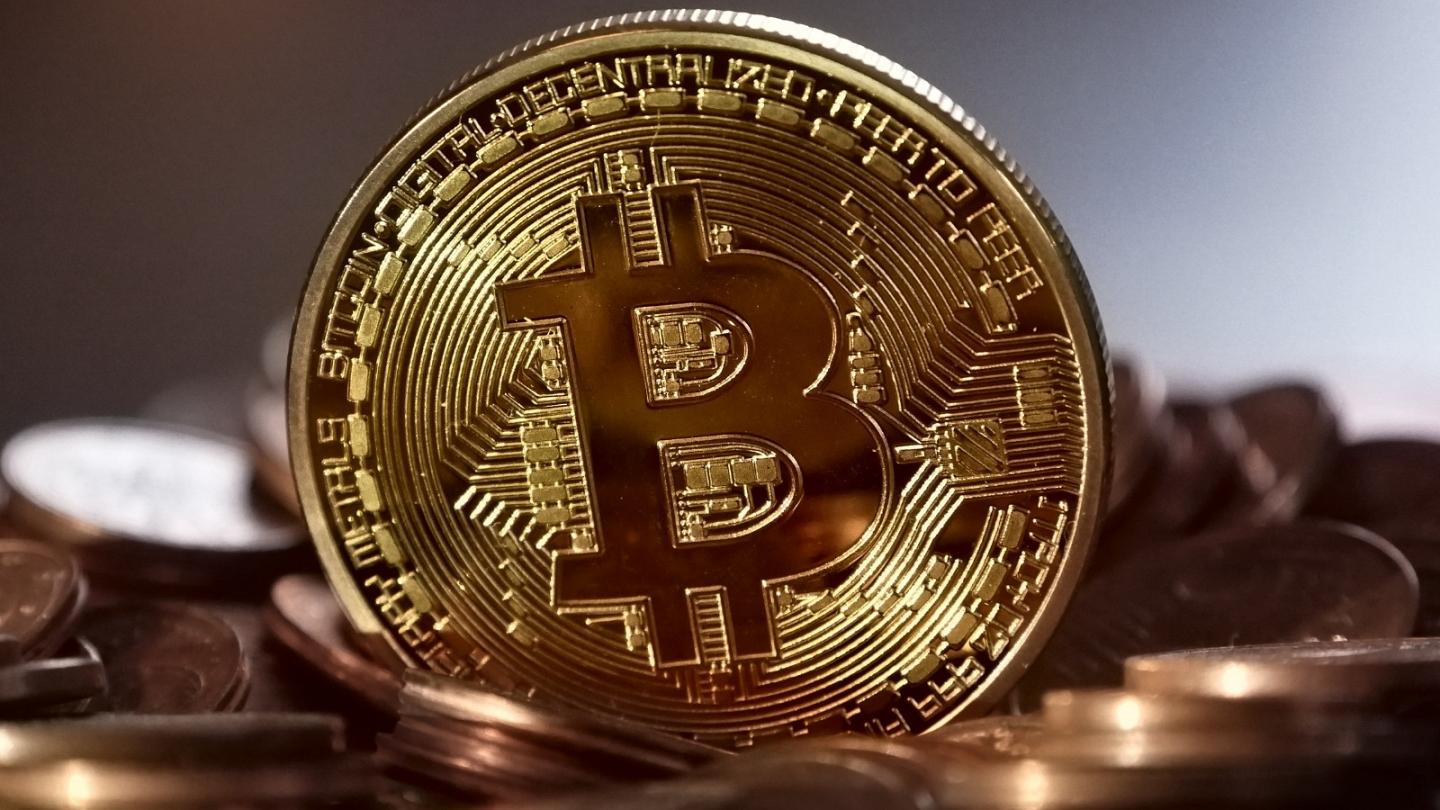Bitcoin’s Drop Sparks New Focus on Money Supply Trends
02.06.2025 12:00 2 min. read Alexander Stefanov
Bitcoin’s recent price dip has stirred fresh debate around its connection to global liquidity, with analysts highlighting the relationship between BTC’s trajectory and the expanding M2 money supply.
Abra CEO Bill Barhydt pointed to this trend, noting that as more fiat floods into the system, assets like Bitcoin tend to rise in value due to their limited supply. In his view, the current pullback could precede a sharp move higher—possibly reaching $130,000 by late summer, following a brief dip near $100,000.
Despite short-term bearish signals, Barhydt sees strong fundamentals at play. He pointed to rising institutional interest, including large-scale Bitcoin purchases, as fueling long-term scarcity. While opinions differ on whether the M2 correlation holds consistently, Barhydt believes Bitcoin remains at the center of the global liquidity narrative.
Although Bitcoin dropped 8% to around $103,000, the asset remains in what some consider the middle of its liquidity-driven bull cycle. Historically, May has been a strong month for BTC, and this year’s 10% monthly gain appears to support that pattern—even amid temporary sell-offs.
Analysts also expect a bullish June, with the global M2 supply now topping $111 trillion. With major economies leaning toward looser monetary policies due to economic headwinds, the macro backdrop could continue to benefit Bitcoin’s appeal as a hedge.
Meanwhile, Bitcoin’s role as a strategic asset is gaining political traction. Several U.S. states are pushing legislation to treat BTC as a reserve holding, and Senator Cynthia Lummis says Congress may revisit the Bitcoin reserve bill after completing stablecoin regulation.
Corporate adoption, however, remains mixed. While companies like GameStop are adding BTC to their balance sheets, others like Meta and Microsoft have passed for now—highlighting a cautious but growing acceptance of Bitcoin in institutional finance.
-
1
Trump’s Two big Bitcoin Moves: Key Catalysts or Just Noise for BTC Price?
08.07.2025 7:30 2 min. read -
2
Speculation Surges as Binance BTC Futures Volume Tops $650 Trillion
04.07.2025 17:37 2 min. read -
3
Bitcoin Market Stalls as Profit-Taking, Whale Dispersal, and Sideways Action Define the Cycle
01.07.2025 20:00 3 min. read -
4
Which Is the Next Bitcoin Price Target?
06.07.2025 20:00 2 min. read -
5
Dollar Weakness Signals Major Bitcoin Move Ahead, Data Suggests
09.07.2025 21:00 2 min. read
Public Companies Now hold Over $100 Billion in Bitcoin — 4% of Total Supply
According to new data shared by Bitcoin Magazine Pro, publicly traded companies now collectively hold over 844,822 BTC, valued at more than $100.5 billion, marking a historic milestone for institutional Bitcoin adoption.
Trump Media Holds $2B in Bitcoin as Crypto Plan Expands
Trump Media and Technology Group, the parent company of Truth Social, Truth+, and Truth.Fi, has officially disclosed that it now holds approximately $2 billion in Bitcoin and Bitcoin-related securities.
Strategy Adds 6,220 BTC, Pushing Total Holdings Past 607,000
Michael Saylor’s Strategy has confirmed another major Bitcoin purchase, acquiring 6,220 BTC last week for approximately $739.8 million.
Bitcoin Open Interest Hits $42B as Funding Rates Signal Bullish Overextension
Bitcoin’s derivatives market is heating up, with open interest climbing back to $42 billion while funding rates continue to surge.
-
1
Trump’s Two big Bitcoin Moves: Key Catalysts or Just Noise for BTC Price?
08.07.2025 7:30 2 min. read -
2
Speculation Surges as Binance BTC Futures Volume Tops $650 Trillion
04.07.2025 17:37 2 min. read -
3
Bitcoin Market Stalls as Profit-Taking, Whale Dispersal, and Sideways Action Define the Cycle
01.07.2025 20:00 3 min. read -
4
Which Is the Next Bitcoin Price Target?
06.07.2025 20:00 2 min. read -
5
Dollar Weakness Signals Major Bitcoin Move Ahead, Data Suggests
09.07.2025 21:00 2 min. read


